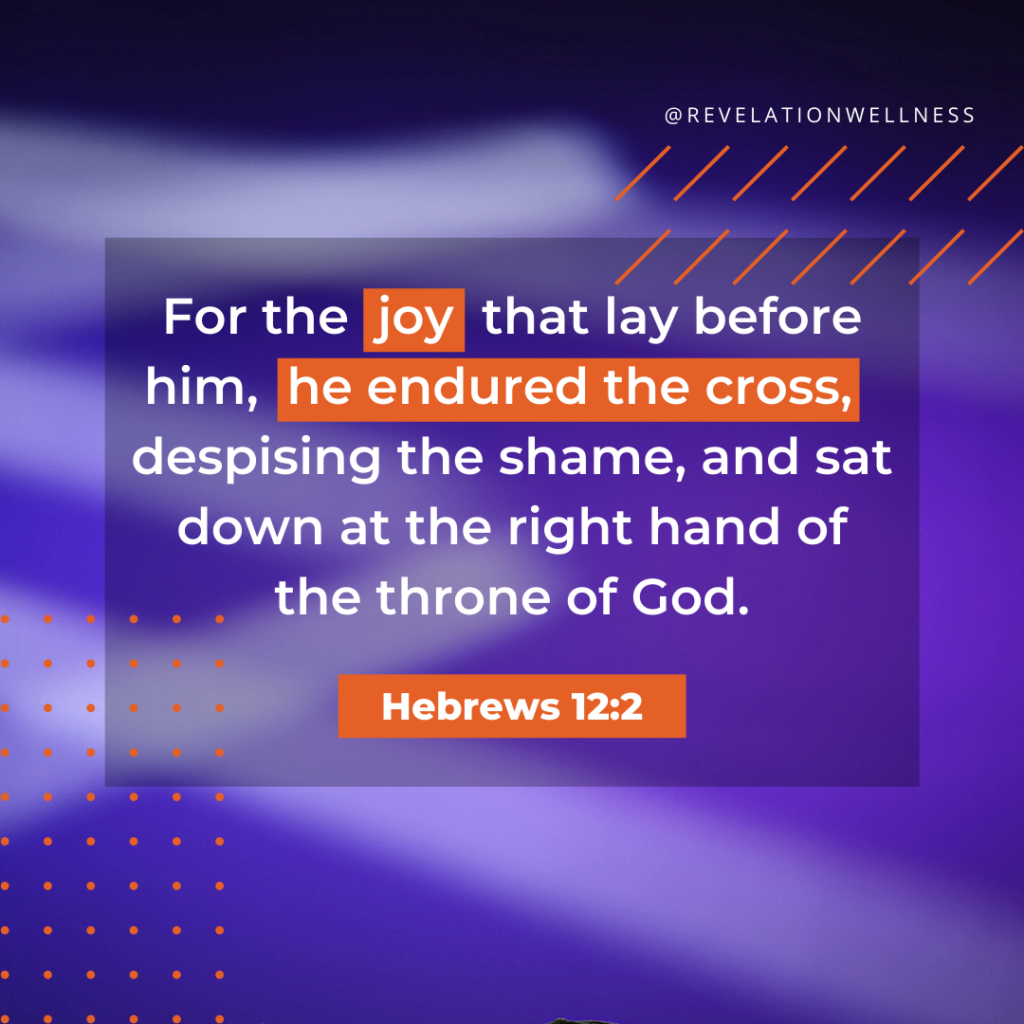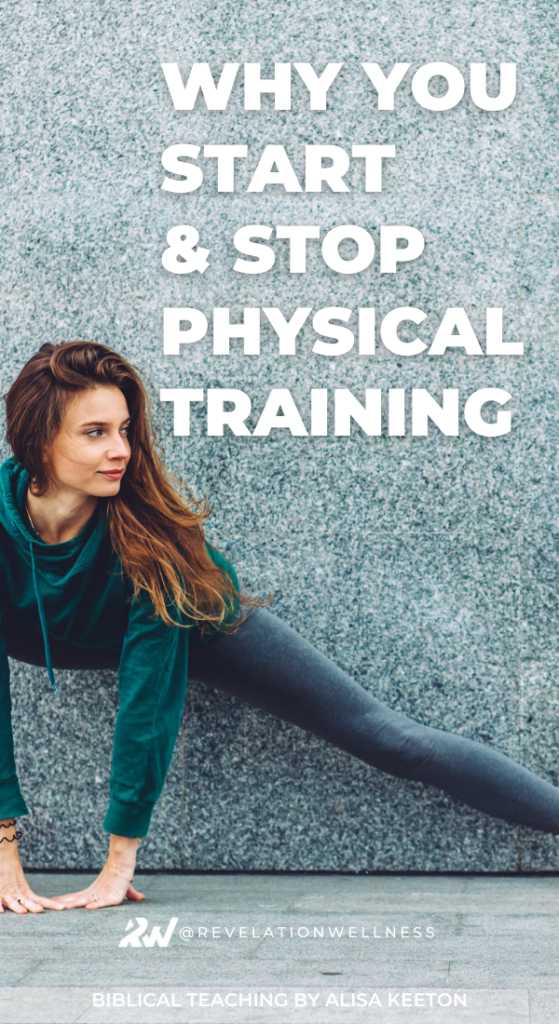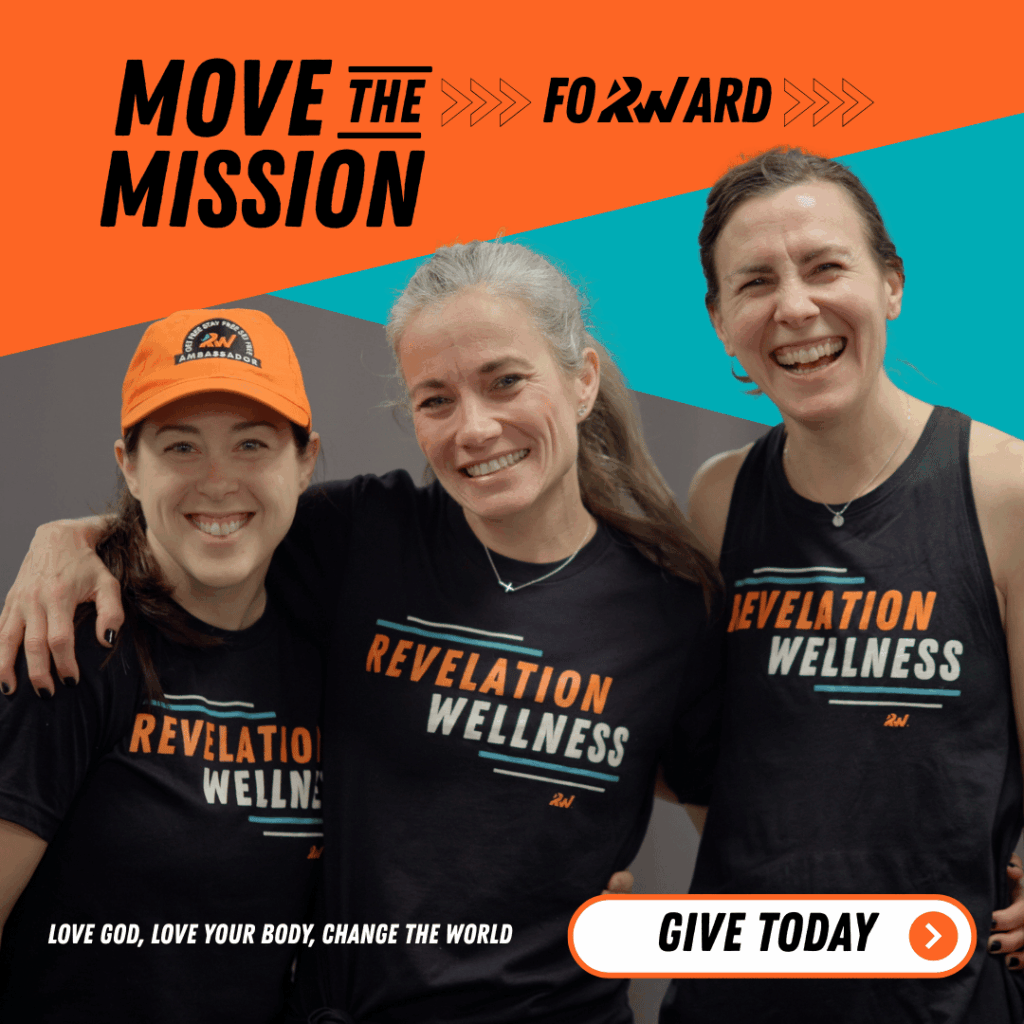It's not your fault that being consistent is so challenging, but there is something you can do about it.
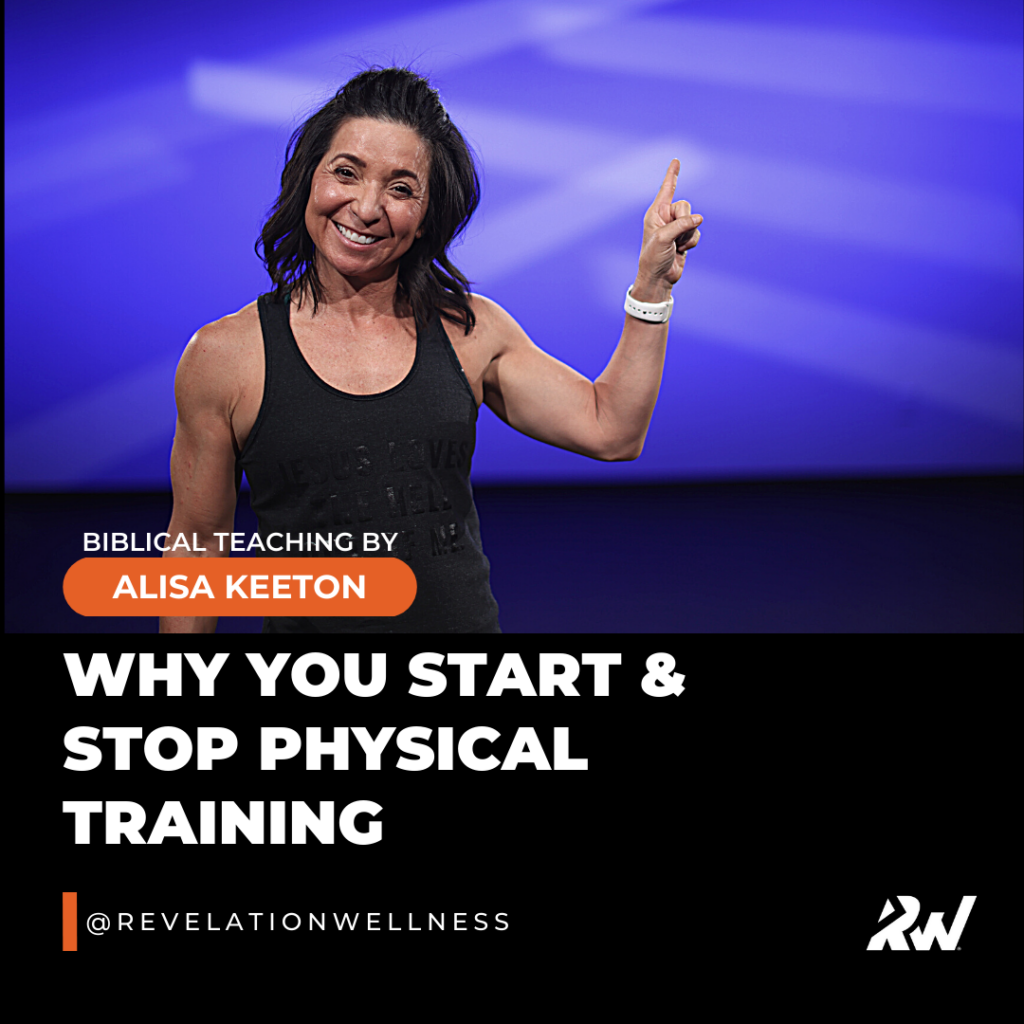
How many times have you started a workout plan and stopped after two weeks? Can you count how many diet plans you’ve started with gusto and ended with a binge at the local burger joint?
There is something that is so attractive about starting something new, but as you’ve experienced before, that novelty quickly wears off, and with it, your passion to press on in your endeavor.
This teaching is focused on physical training, but these principles and concepts can be applied to anything “new” that you want to implement. New Bible reading plan. New ministry opportunity. New professional training.
According to statistics reported on HealthyPeople.gov, “In 2018, 24.0% of persons aged 18 years and over met the current federal physical activity guidelines (age-adjusted)” in the United States. That means that in 2018 an estimated 76% of adults 18 years and older did not meet the current federal physical activity guidelines in the U.S.
How much more has the pandemic affected our physical activity?
I suspect that the stress of the pandemic drove people deeper into their cabinets and couches and further from their walking shoes. According to the American Psychological Association, “An APA Stress in America survey conducted in late February 2021 found 42% of U.S. adults reported undesired weight gain since the start of the pandemic, with an average gain of 29 pounds.”
If you’re one of that 42%, shame off you. I share these statistics because they show the pandemic has had a serious impact on our health and habits. Isolation, working from home, unemployment, disrupted schedules, broken dreams, and more have increased our hunger. We are hungry people. But, many of us aren’t satisfying our hunger with the Bread of Life (Jesus), but consuming an endless cycle of food, screens, and guilt.
So, what do we do? How do we move forward and start physical training again? How do we move forward and not quit this time?
YOUR BRAIN CRAVES NOVELTY
You may want me to tell you the best strategy to stay motivated, or a routine that will jump-start your morning. But, I think you’ve researched all the best strategies. You’ve seen the routines of highly efficient people, and you’re still stuck. Before we speak practically, we have to learn why we are so addicted to starting something new.
Have you ever considered why you love goal-setting in January? Have you considered why you love starting that game-changing habit? What’s so special about starting something new?
Well, it all starts in your brain; more specifically, in the limbic system of the brain. You may recognize the limbic system of the brain working when something in your environment triggers a flight or fight response. Maybe you see your child falling off their chair and you go to catch them without even thinking about it.
The limbic system of your brain also “releases dopamine, which is a neurotransmitter that supports feelings of pleasure” (Villines). If you’ve watched a baby playing with toys or crawling through the house, you can see how they are attracted to all the new things they can see and touch. This is because we are curious creatures and our brains are attracted to novelty.
Have you felt the pleasure of opening a new planner on January 1st? Have you felt the pleasure of buying (and wearing!) those new workout leggings that you bought for the new workout plan you’re starting on Monday?
The reason we start exercising, or anything new, is because we crave novelty.
In a way, this is a reflection of God’s design. God, who is good, created you as VERY GOOD. He made you to crave, seek, and find good in His presence first, then as we live and work in His good creation.
Novelty quickly wears off, and with it, your passion to press on in your endeavor.
Alisa Keeton
SO, WHAT'S THE PROBLEM WITH NOVELTY?
The problem comes when we seek good, new things in place of God, the Creator of all. When we seek satisfaction and contentment in things that don’t last and were never meant to fully satisfy, we constantly need more to fill the gap.
Just like it is hard (say, impossible) to only have one Oreo, or one potato chip, staking your health and hopes on novelty will leave you insatiable and empty; on a path going nowhere.
In short, the novelty will help you get going, but it will not help you bring anything to completion. Once the going gets hard, you’ll drop that new habit and reach for something “better.” You won’t quit because the habit was bad, but because it became familiar and uncomfortable. Maintaining a new habit, practice, the routine will eventually cost you something.
Are you willing to make that commitment?
ALL YOU NEED TO KNOW
COMMITMENT IS COSTLY
As any long-term friendship or marriage will show you, commitment is costly. In the same way, any exercise routine costs your time, schedule, and energy. Making the choice to move your body will often make you choose against doing something else.
Paul says in the Letter to the Romans, ”For I know that nothing good lives in me, that is, in my flesh [the part of us that is alienated from God]. For the desire to do what is good is with me, but there is no ability to do it. For I do not do the good that I want to do, but I practice the evil that I do not want to do” (Romans 7:18-19, CSB)
You want good, but you don’t want to do good unless it feels good – that’s what sin does to us. Good things cost us our selfishness, our pride, and our comfort. There are even times when choosing something good will feel bad.
Anna Lembke, a neuroscientist who studies the effect of dopamine on the brain writes in Dopamine Nation: Finding balance in the age of indulgence, “In our quest to minimize pain, we’ve created a world of abundance. We now need more reward to feel pleasure and less injury to feel pain.”
You only have to Google “healthy lifestyle” or “workout plan” for thousands upon thousands of blog posts, videos, books, and guides that will help you live your best life. In this world of abundance, it is very easy to jump from one new plan to the next. But in doing so, you will never experience transformation. You will never experience the strength that comes from enduring challenges.
Your workout plan is one thing. But what about your marriage, your job, your family, your faith? At some point, this addiction to novelty will leave you more lost than when you started.
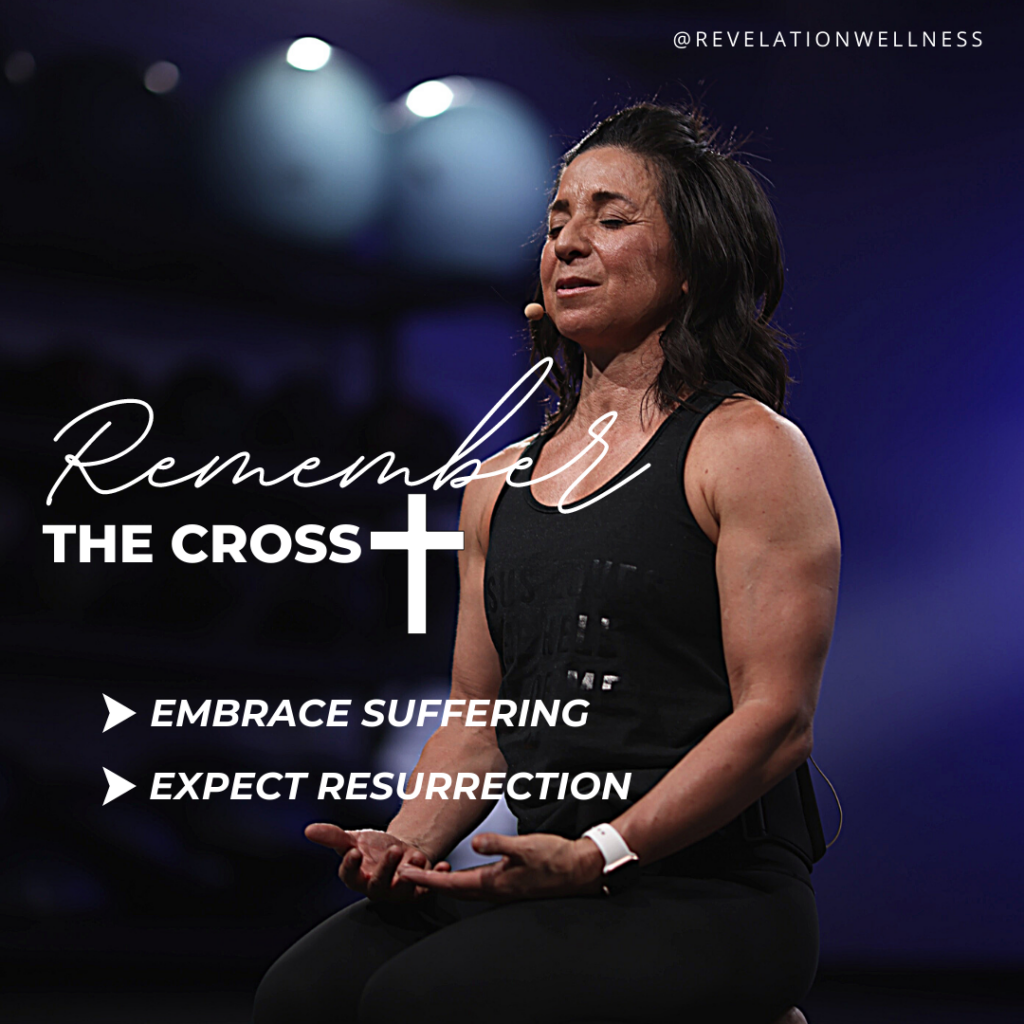
HOW DO I ENDURE?
Jesus said, “If anyone wants to follow after me, let him deny himself, take up his cross daily, and follow me” (Luke 9:23).
When the workout plan is suddenly familiar. When those new workout clothes start to stretch. When your muscles are sore, but you’re not seeing results.
You need to remember the cross.
Remembering the cross means following Jesus in His crucifixion and resurrection.
When the going gets tough we follow the way of the Lord by:
1. Embracing suffering
2. Expecting resurrection
Here are some practical tips to help you remember the cross:
1. Press into the Spirit.
When you feel tempted to go the easy route or give up on a good thing, pray for the Holy Spirit to strengthen you and press forward into the path of good.
2. Look to Jesus.
Rather than researching a new workout routine or giving up on your goal entirely, take a moment to recall Jesus’ sacrifice on the cross. Post this verse in a place you see often: “For the joy that lay before him, he endured the cross, despising the shame, and sat down at the right hand of the throne of God.” Hebrews 12:2
3. Get quiet
Before you react out of fear or doubt, get quiet. Use the Be Still and Be Loved episodes on the Revelation Wellness Podcast to rest, breathe, and reflect on God’s truth in your circumstances. When your mind is flooded with peace, you may be able to respond to your desire to quit with more discipline and grace.
4. Reframe FAILure
What if one missed workout or an injury didn’t derail you from your goal? What if you saw your “failures” as instructive information to help you stay the course? Failure doesn’t have to cause you shame, it can move you forward in grace. Failure is just a result of learning something new. Let your failure spur on your endurance.
Do you have a habit of quitting your habits? How does it help you to remember the cross? Share your thoughts in the comments!
Resources:
Lembke, Anna. Dopamine Nation: Finding balance in the age of indulgence. New York City, Dutton, 2021
Villines, Zawn. “6 Ways the Limbic System Impacts Physical, Emotional, and Mental Health.” Good Therapy, 19 Mar. 2019, goodtherapy.org. Accessed 28 Apr. 2022.
